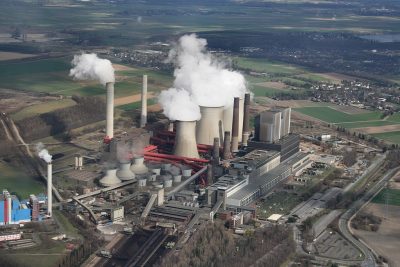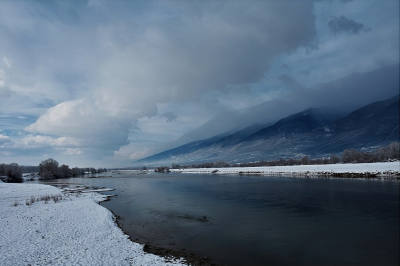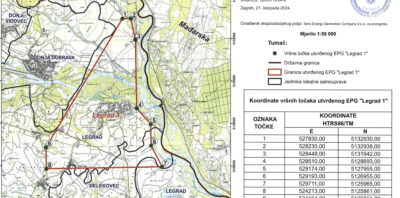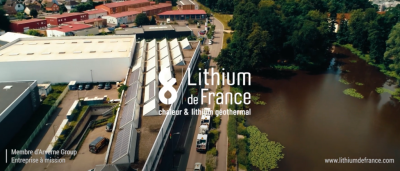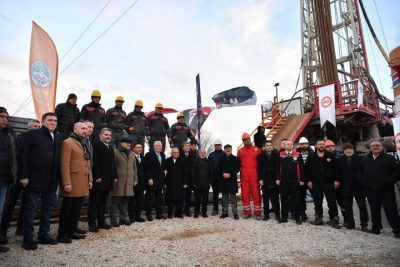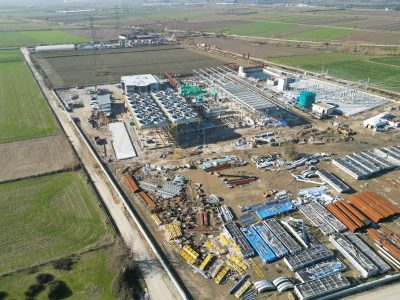Romania sees new renewable legislation that could also spur geothermal development
This summer, the parliament of Romania enacted a new renewable energy legislation that promotes development of renewable energy projects in the country, among others for geothermal. The country has one of the highest potentials for geothermal development in Europe.
In July the Romanian parliament finally enacted the country’s renewable energy promotion law — first drawn up in 2008 but stuck in the legislative mud since then — which removed what many saw as a serious obstacle to investment in major renewables projects.
Rather than feed-in tariffs, Romania has opted for a system of tradable ‘green certificates’ awarded for power produced and delivered to the distribution network from renewable sources.
Power suppliers are obliged to meet annual quotas for the purchase of green certificates related to the percentage of renewables in their total supply mix. The grid operator issues green certificates for renewable generation, ensuring that producers benefit both from the sale of the power itself and the value of the accompanying certificate.
The certificates can be traded on a platform run by Opcom, the national energy market operator. The law sets a minimum value of €27 per certificate and a ceiling of €55 (US$35—$72), index-linked to inflation and guaranteed until 2025.
The legislation offers various levels of incentives to different sources of renewable energy. Wind, for example, will attract two green certificates for each MWh produced until 2017 and one from 2018 onwards.
Power generated from biomass and biogas will be awarded three green certificates per MWh, with an additional certificate on offer for high-efficiency co-generation.
The ‘green quotas’ applied to power distributors are increased under the amended law, rising in steps from 10% in 2011 to a final level of 20% in 2020 (compared with a ceiling of 16.8% in the original legislation).
Duica said the law represents “a positive change for the industry in general, which improves the support mechanism for all technologies”.
Romania also offers considerable untapped resources in the field of geothermal energy, where it is estimated to hold the third-highest potential in Europe.
Areas of particular promise include the country’s western and southern plains and the southern Carpathians. The country already has more than 200 geothermal wells and an installed capacity of 145 MWt, though many sites are used solely for recreation.
The country’s minster of the environment said earlier this year that the government would encourage development of the geothermal infrastructure, and in April, a €2 million (US$2.6 million) tomato-growing facility heated by geothermal water was unveiled in the town of Livada.”
Source: Renewable Energy World







